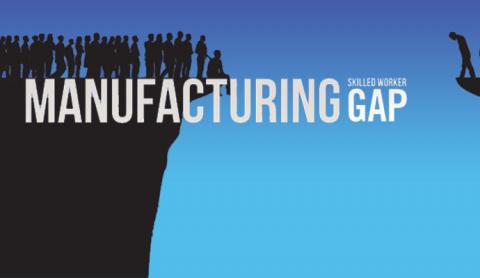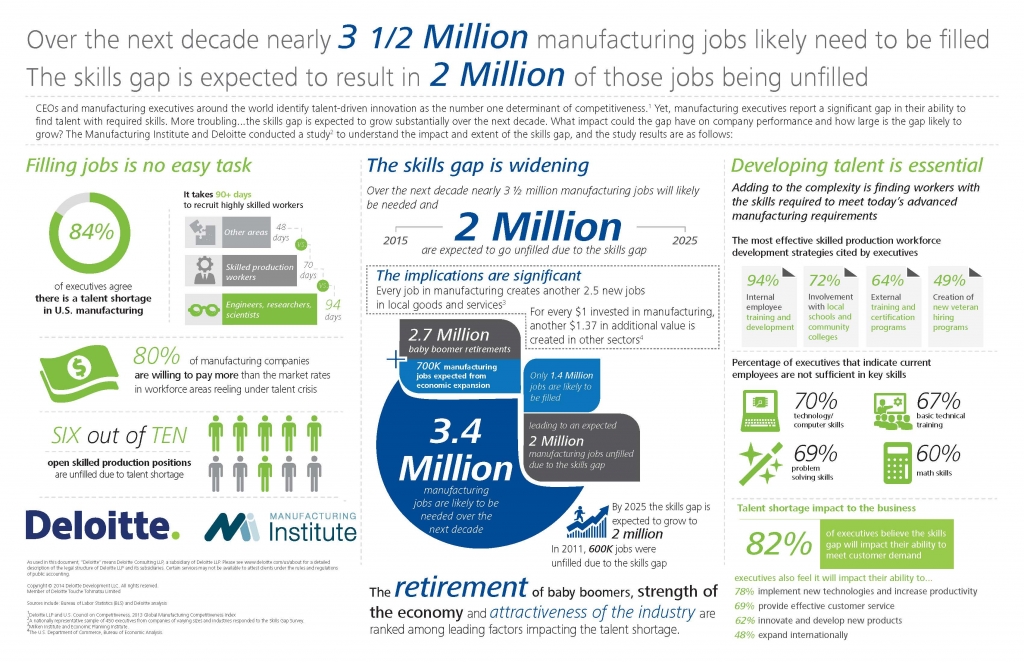Hi, I’m Dominic, a new intern at Bridge and Stitch, and this is my first blog post so I’m really excited but anxious about how this will be received. I’m 21, studying at Nottingham Trent University and am a relative novice regarding fashion. Even though my knowledge is limited, there is an important question that I want to investigate:
Why has there been a demise in UK production and why should we back the industry now?
I am a young, British worker that is just one branch of the Bridge and Stitch tree. I work very close to the director, Rachael (literally the next desk to me!), she can oversee what I do and give her input to make sure the finished work is completed to a set standard. Being young, I have great potential and can add to the longevity of the project that Bridge and Stitch is. I am not working from a desk in another country where communication is difficult and where complications can arise. She has put her trust in pure British potential and that is what we must do with our British factories.
It is increasingly more viable for companies to use factories overseas for various reasons but predominantly due to cheaper labour prices, most evident in China. With these emerging foreign markets, UK employment in the production of textiles, apparel, footwear and leather products decreased from 285 thousand to 99 thousand people in 2009. (Fashion United, 2013) This trend can be seen across all sectors of manufacturing, so much so that this is being called the de-industrial revolution by many. It is now about working with our brains rather than our hands. However, there is still scope for manufacturing in the UK even if its not on a mass scale.
This is highlighted by Jenny Holloway, founder of Fashion Enter, in a recent article in the Courier Paper regarding UK manufacturing. She believes that ‘UK manufacturing can be hugely valuable if we get behind it.’ There are many smaller scale brands forming in the UK who are increasingly needing to partner themselves with a local manufacturer. But Holloway points out that, ‘the slow offshoring of clothing manufacturing in the ensuing years has decimated skills, know – how, jobs, reputation and economic value we once basked in.’ It is a shame because we can compete with the skills and quality on a global scale.
In the past 30 years, the UK manufacturing sector has shrunk by two-thirds with over 30% of technical workers in manufacturing due to retire by 2017. This has to change if we are to develop in the fashion industry as a nation. Gone are the days when you buy clothes from British stores and the label says ‘Made in Britain’ on them. We used to lead the way in this industry but people have lost faith in the British manufacturers – why is this?

Obviously, there are problems and Molly Goddard highlights some with regards to her pyjama brand, Desmond and Dempsey. As much as she believed in British manufacturing, it wasn’t economically viable for her business to grow. She points out that, ‘every outcome of us continuing to base ourselves in UK pointed to putting our prices up in order to maintain a sustainable margin’ and they wanted to maintain their high quality at a low price. Nowadays, the brutal realities of a sustainable business that Molly mentions is all about profit margins as they look to grow and I can appreciate that. I believe that looking for regional alternatives would have been a suitable option instead of staying in London where prices are generally higher.
This is emphasised by Nicholas Brooke, CEO and co – owner of Sunspel based in Nottingham, as he gives his view on UK suppliers. He says that, ‘owning our own factory in Long Eaton has allowed us to stay very close to the production process and fabric development; it’s an enormous asset for us as a brand.’ Consequently, they are able to pass on their knowledge of fabric and product quality to the factories and this strengthens the bond they have with their suppliers. Even though he reports that, ‘UK factories can sometimes be quite old fashioned, which can be a challenge’; through his experience, they are able to ‘build trust’ and ‘communication is easier’.
With regards to Bridge and Stitch, we advocate working with UK factories and are reaping the benefits with a low carbon foot print, low delivery costs, short lead times and easy communication.
Rachael Hobbs, our director, has her own views on UK production. Hobbs comments, ‘you will always find production cheaper elsewhere but it is important to support your local economy. Made in Britain products denote quality and craftsmanship with goods in high demand abroad. We should not lose those skills nor the industry we once led the world in. British manufacturing is great for the export market and it brings in valuable money for the economy. We have to strive to support local businesses and educate the younger generations in the importance of saving the manufacturing sector within the UK.’
On a local level, Hobbs agrees with giving people apprenticeships but also educating young people and students without being misleading. ‘You can have a great career in manufacturing and it is wrong that universities focus solely on fashion design rather than other aspects of the production process. There is a perception that students will become top designers with creative freedoms but this is quite naive. Students leave universities not knowing what is suitable for industry, what is cost effective and have little or no grasp on pricing and products fit for purpose. There needs to be a complete change in our education system to change people’s mind-set of the industry, to close the skills gap we are now facing and support our economy.’

I hope I have succeeded in my first blog post, in highlighting the need to support the local talent here in the UK. Fashion companies working with UK factories can physically go and see the work being produced and can efficiently communicate with them. In some instances, it may be on a smaller scale and it may be more expensive but they are definitely worth investing and trusting in as you will have an extra asset to your business to drive it forward. For me, there is definitely something special in supporting local business and it is our obligation to the sustainability of the industries of our nation. So let’s back our UK factories as they are an endangered species and a valuable asset to our country allowing smaller companies to flourish and contribute to our economy, which is driven by SME’s.
With regards to myself, I hope that Rachael indeed does believe that I can produce the quality Bridge and Stitch needs and hopefully you will hear from me again, if not this could get quite awkward!






